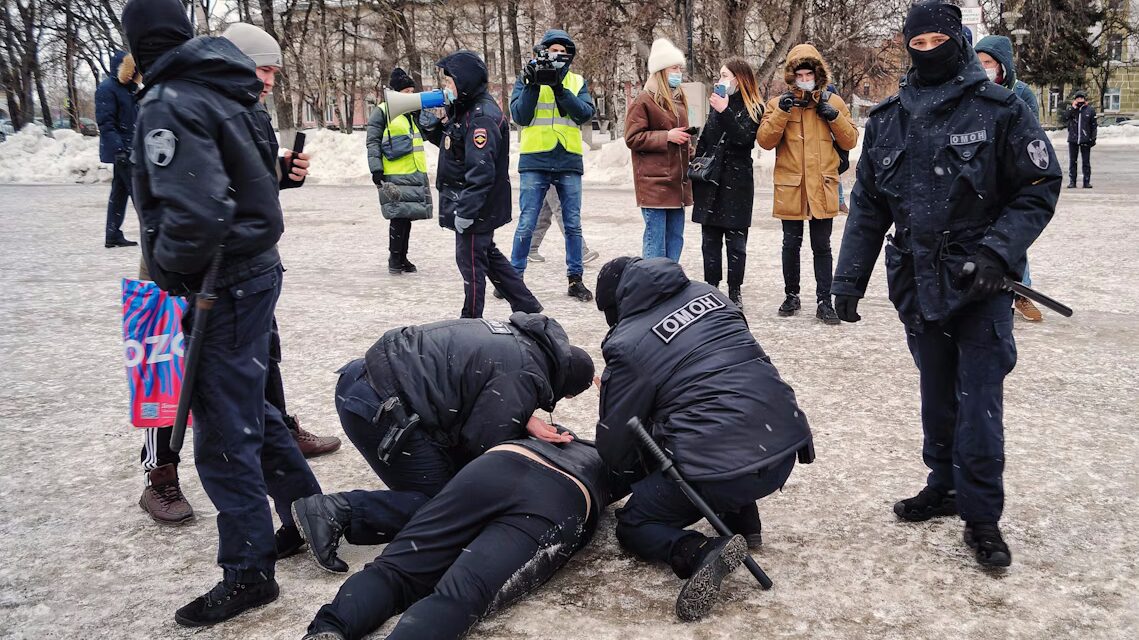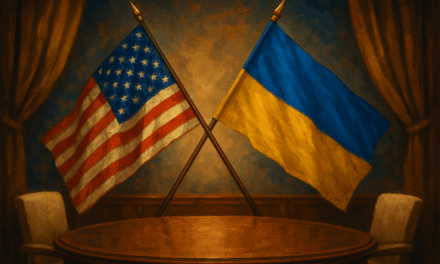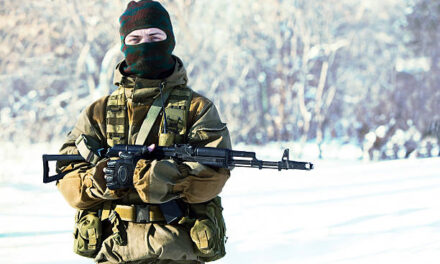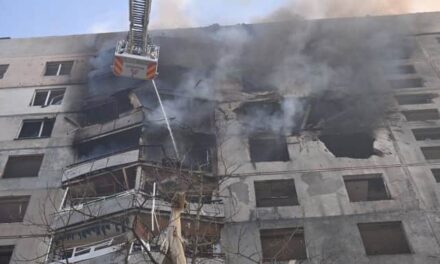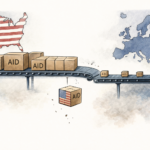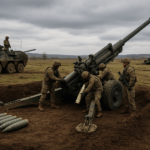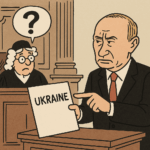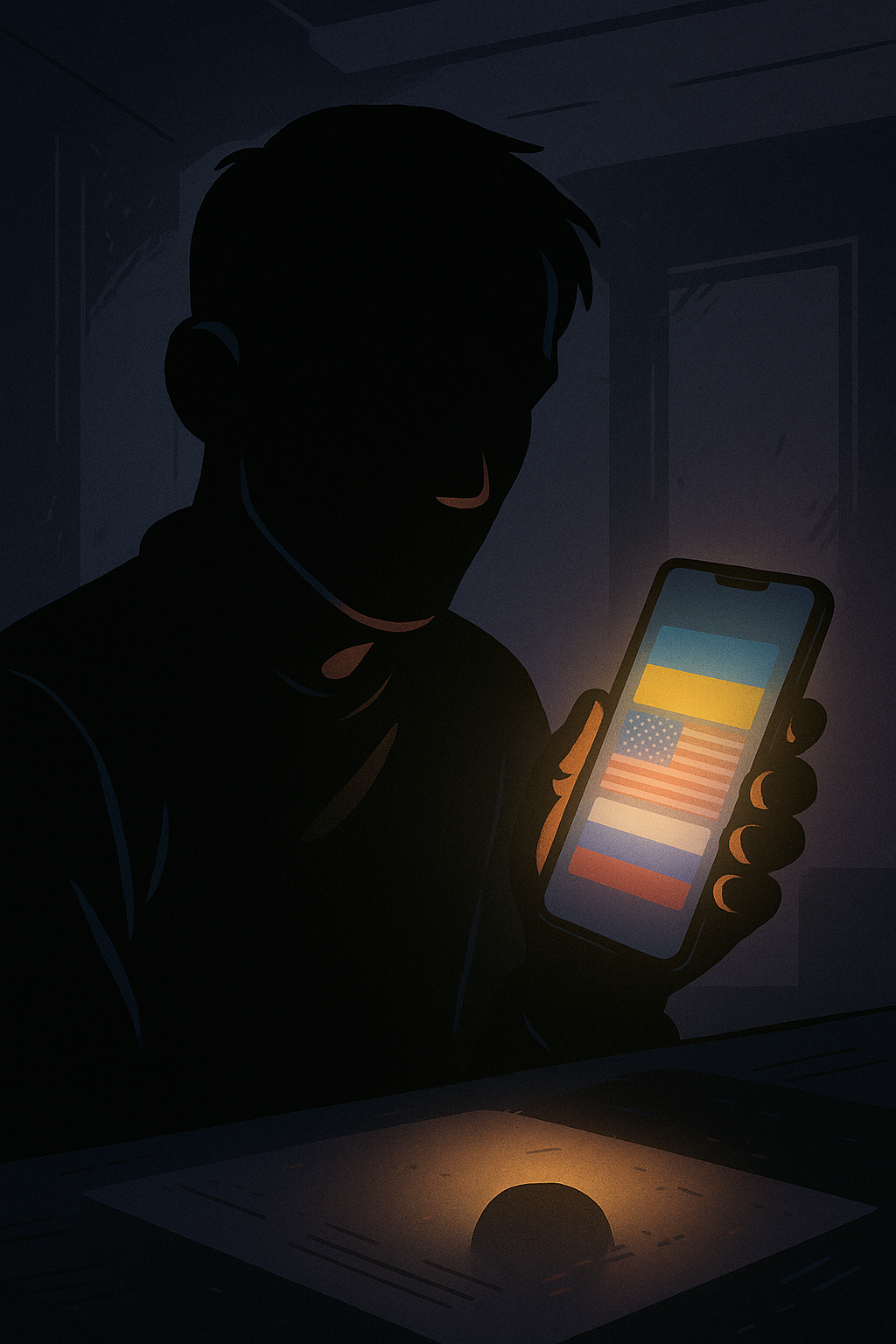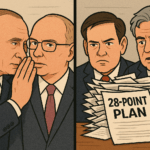Moscow is increasingly leaning on coercive, low-visibility recruitment to feed its war in Ukraine as standard financial inducements lose traction. Since 2024, Russian police have reportedly been tasked—and rewarded—with pressing vulnerable people into signing military contracts. Detainees are presented with a blunt bargain: enlist and go to the front, or face prison. The practice converts the criminal-justice pipeline into a manpower funnel and reframes enlistment as a way to erase legal trouble, particularly for marginalized citizens with few means to resist. Regional bonus payments for successful “recruitment” reportedly run from 10,000 to 100,000 rubles (roughly $130–$1,300), creating direct monetary incentives for officers of the Ministry of Internal Affairs to convert arrests into contracts. The shift underscores a larger trend: despite sustained propaganda insisting there is no mobilization, Russia is struggling to replace steady battlefield losses without provoking public backlash from a new nationwide draft. Rather than declare an unpopular general mobilization, the Kremlin disperses the task across everyday state interfaces—police precincts, cultural institutions like museums and libraries, and even public procurement channels—so that enlistment happens piecemeal, out of the spotlight, and through bureaucratic pressure. These methods reflect both a shortage of willing volunteers and the leadership’s determination to continue the war while managing domestic risk. Coercive incentives embedded in policing are particularly potent because they combine fear of incarceration, social stigma, and immediate financial motives for officials. They also blur legal and ethical lines, leveraging state power not merely to enforce law but to generate combatants. In practice, this “hidden mobilization” transforms ordinary civic touchpoints into recruitment hubs and normalizes enlistment as an administrative solution to personal problems. The cumulative effect is a shadow draft: quietly scalable, legally ambiguous, and socially corrosive. It signals that the Russian state is prioritizing force generation over civil rights, while betting it can sustain the war effort without triggering a visible, politically costly mobilization decree.
Russia’s Hidden Mobilization: Police Incentives and Coercion
